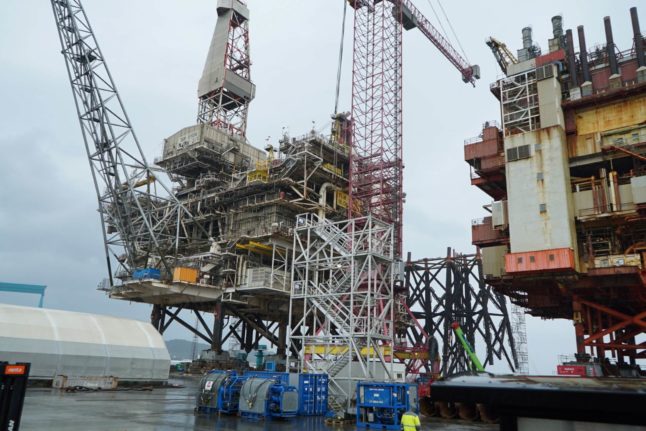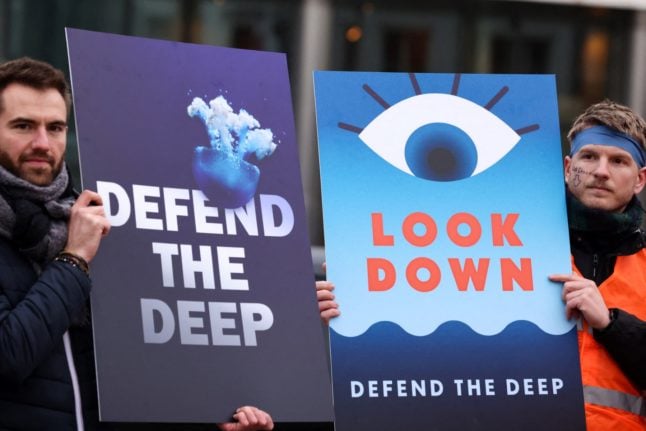The Nordic branch of Greenpeace and the Norwegian organisation Natur og Ungdom (Nature and Youth) sued the Norwegian state in June 2023, arguing that the government’s green light to develop the Tyrving, Breidablikk and Yggdrasil fields had not been preceded by sufficient climate impact studies.
The Oslo district court sided with the two groups.
“The state is prohibited from making any new decisions” on the development of the three fields until the validity of the licenses is definitively decided, judge Lena Skjold said.
The ruling concerns only the three fields, and not other operations underway on Norway’s continental shelf, she said.
Energy giant Equinor put Breidablikk, which is believed to hold some 200 million barrels of recoverable oil, into production in October.
Tyrving and Yggdrasil, which are estimated to contain around 675 million barrels, are due to enter into production in 2025 and 2027 respectively.
“This is a big win for the climate over the Norwegian state,” the head of Greenpeace Norway, Frode Pleym, told AFP.
“We demand a halt to all development.”
The energy ministry has yet to respond to AFP’s request for a comment.
Norway is regularly criticised for its oil and gas production, of which it is western Europe’s main exporter.
The government has argued that its projects boost employment and hone skills, and has cited the need for Norway to continue supplying energy to the continent following the war in Ukraine.
In December 2020, Norway’s Supreme Court dismissed a lawsuit brought by Greenpeace and Natur og Ungdom calling for the cancellation of exploration licenses granted in May 2016 to 13 oil companies in the fragile Arctic region.
The court argued that Article 112 of Norway’s constitution which guarantees the right to a healthy environment could only be invoked if the state failed to shoulder responsibility for the environment and climate, which it said was not the case.
This time, the two organisations argue climate impact studies on the future oil fields are “either non-existent or highly inadequate”.



 Please whitelist us to continue reading.
Please whitelist us to continue reading.
Member comments